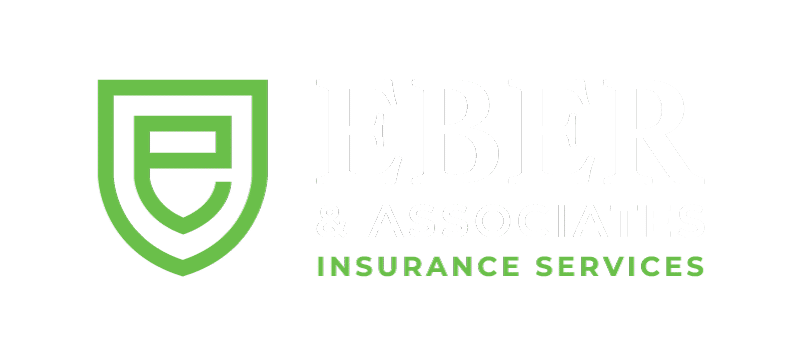Owning a car offers a lot of freedom, flexibility, and convenience. But it also comes with a lot of responsibility. You’ll need to protect yourself and others on the road with a good auto insurance policy, but choosing the right one isn’t always easy because you need to balance your coverage against your costs.
The most important decision when choosing auto insurance is liability insurance vs. full coverage. Understanding what these two policies offer and how they’ll impact your coverage can help you make a more informed choice in auto insurance.
Liability Insurance Vs. Full Coverage
If you have an accident in your vehicle, your auto insurance protects you from some of the costs involved. It might cover the cost of medical treatment and property damage or even help you replace your vehicle if it’s totaled. However, not all policies cover the same expenses, and that’s where liability and full coverage differ.
What Is Liability Insurance?
Liability insurance is the minimum mandatory auto insurance required by law in most states. It protects you financially if you are liable for an accident, meaning you caused the accident. Liability insurance covers:
- Bodily injury — Pays the medical expenses of anyone injured in the accident, including the other driver, passengers, and pedestrians.
- Property damage — Covers repairs or replacement of property damaged in the accident, such as the other driver’s vehicle, a broken fence, or a damaged mailbox.
What Is Full Coverage Insurance?
Liability insurance can protect you from some of the financial repercussions of causing an accident, but it doesn’t cover your medical bills or damage caused to your vehicle. Full coverage usually includes all the same benefits of liability coverage along with:
- Collision coverage — Pays to repair or replace your car after an accident, regardless of who is at fault.
- Comprehensive coverage — Covers the cost to repair your vehicle if it’s damaged by something other than a collision, such as theft, vandalism, fire, or weather.
Full coverage insurance isn’t a single policy. It’s usually made up of various policies, and you can choose your level of protection depending on your specific needs, type of vehicle, and budget.
Which Insurance Type Is Right for You?
Choosing the right level of coverage will depend on several factors, including the value of your car, your financial situation, and your driving record. Here are a few questions you can ask yourself to help you decide between liability insurance vs. full coverage policies.
- Do you own an older car with a lower market value?
- If yes, consider liability only. The cost of replacing your vehicle may be low enough that paying a higher monthly premium isn’t a cost-effective option.
- Can you comfortably cover out-of-pocket repair costs?
- If yes, consider liability only. You may have a vehicle that’s inexpensive to repair, or you might be able to do much of the work yourself. In that case, paying for full-coverage insurance may not make sense for your vehicle.
- Do you have a clean driving record?
- If yes, consider a full-coverage policy. Good drivers may be eligible for discounts on full coverage policies, making your monthly premiums more affordable.
- Are you financing or leasing your vehicle?
- If yes, you might be required to carry full-coverage insurance on your vehicle. Check the terms of your financing or lease agreement to see your car’s insurance requirements.
Let Eber & Associates Help You Find the Right Coverage
The best auto insurance provides the right balance of coverage and cost. Eber & Associates will help you find this balance by comparing quotes from multiple insurance companies and ensuring you get the best rate possible. We’ll tailor a policy to give you the right coverage for total peace of mind when you are on the road.
Contact Eber & Associates today to get a personalized quote on auto insurance.

